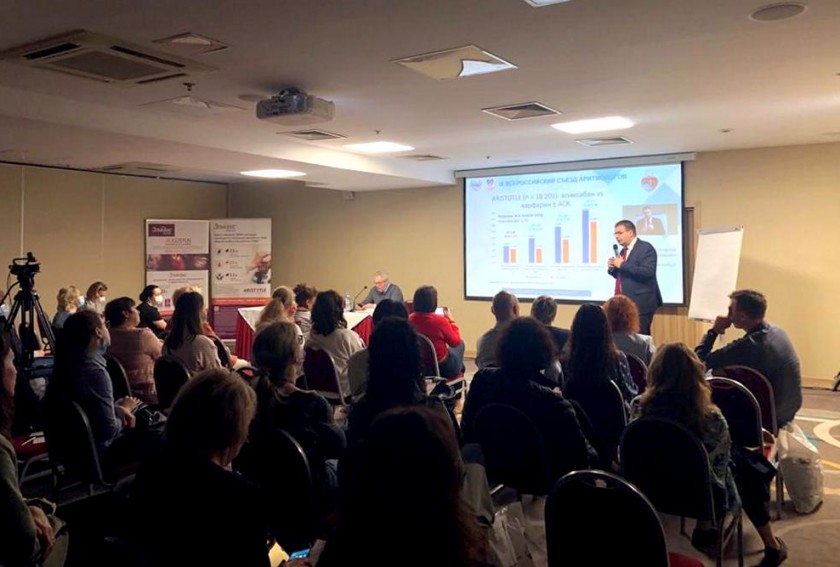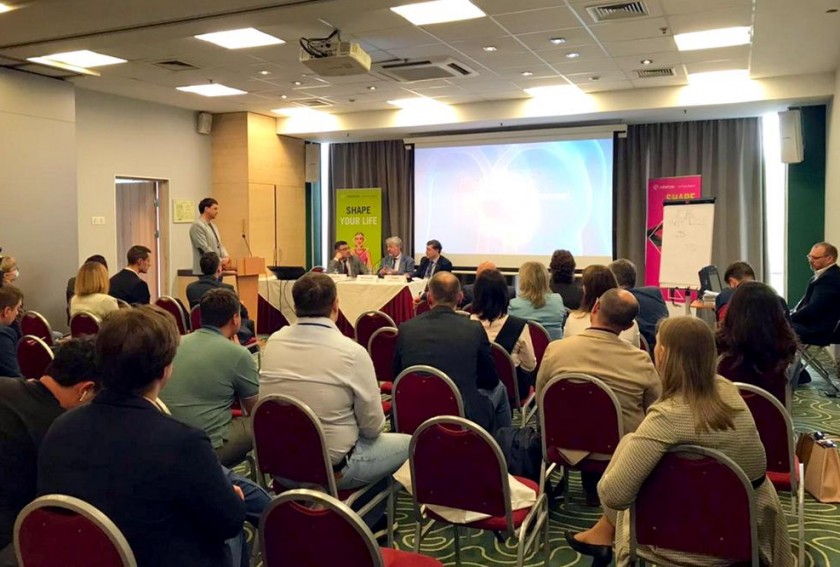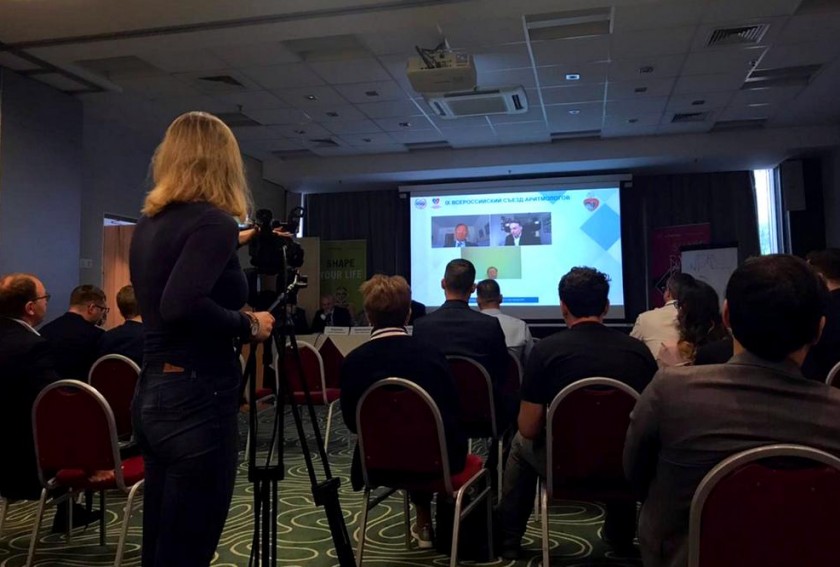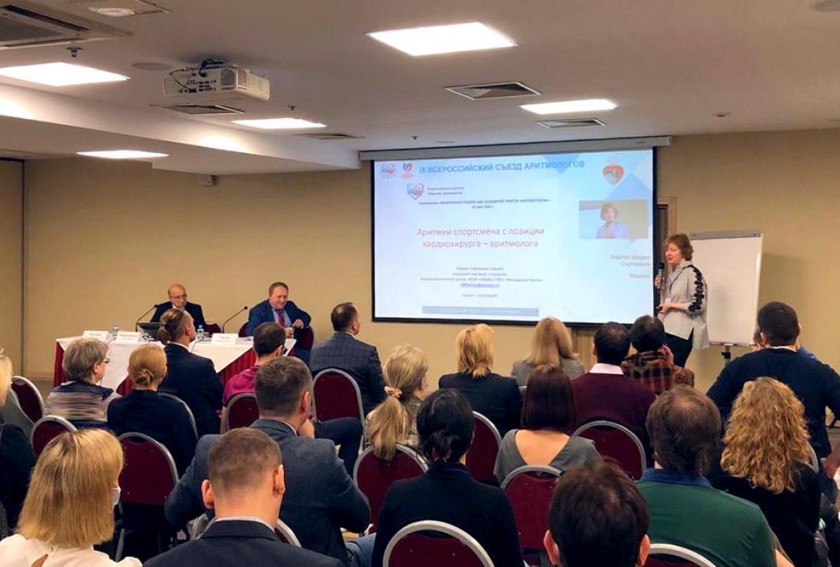Arrhythmology is a modern, rapidly developing field that combines clinical traditions and new technologies. The extensive programme of the Arrhythmology Congress included the most important topics of modern science, such as clinical and interventional arrhythmology, pediatric, sports and geriatric arrhythmology, molecular and structural basis of arrhythmias, methods of imaging and functional testing in arrhythmology, approaches to the prevention and treatment of cardiovascular diseases directly related to arrhythmogenic conditions. A special focus was on modern clinical studies, basic and experimental arrhythmology and modeling in electrophysiology.
The first Congress of Arrhythmology was held in 2005, this year’s event became the ninth in history and brought together more than a thousand participants from various cities of Russia. It is worth noting that in Russia approximately 300,000 people die from arrhythmias every year, and several million people suffer from cardiac arrhythmias, including atrial fibrillation leading to approximately 70,000 ischemic strokes annually.
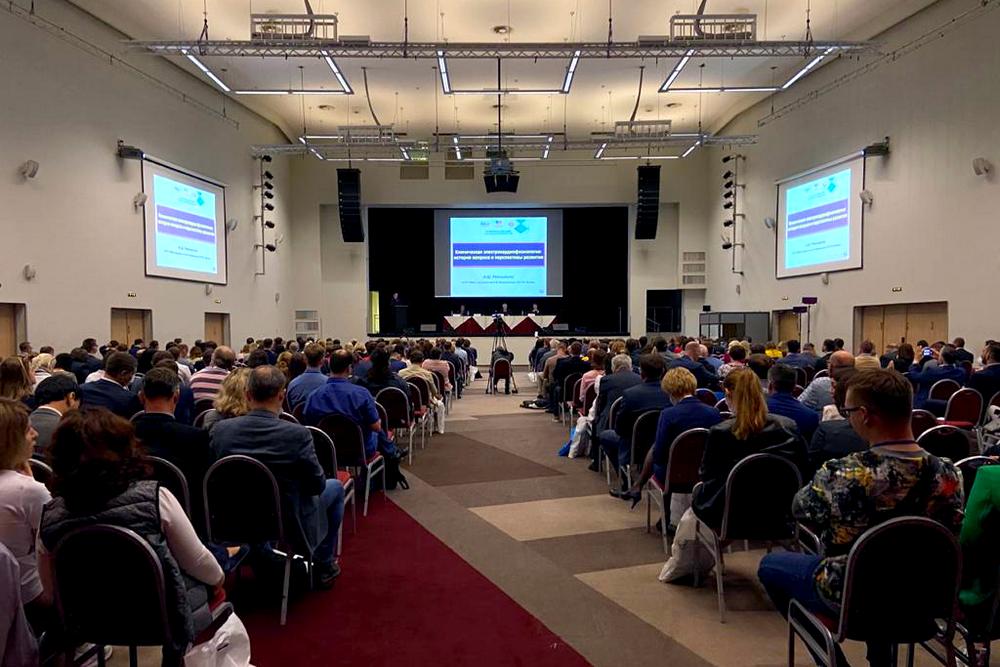
At the opening ceremony the participants were welcomed by Deputy Minister of Health Oleg Salagay, Vice President of the Russian Academy of Sciences, Academician of the Russian Academy of Sciences Vladimir Chekhonin, First Deputy Chairman of St. Petersburg Health Committee Andrei Sarana.
The Congress of Arrhythmology has become one of the most authoritative discussion platforms for scientists from all over the world to present their results. In his welcome address to the participants of the Congress, Director General of Almazov Centre, Academician of the Russian Academy of Sciences Evgeny Shlyakhto emphasized that recently, with the advent of new life-changing technologies and devices that reduce mortality in patients with severe comorbidities, the topic of arrhythmias has become even more relevant.
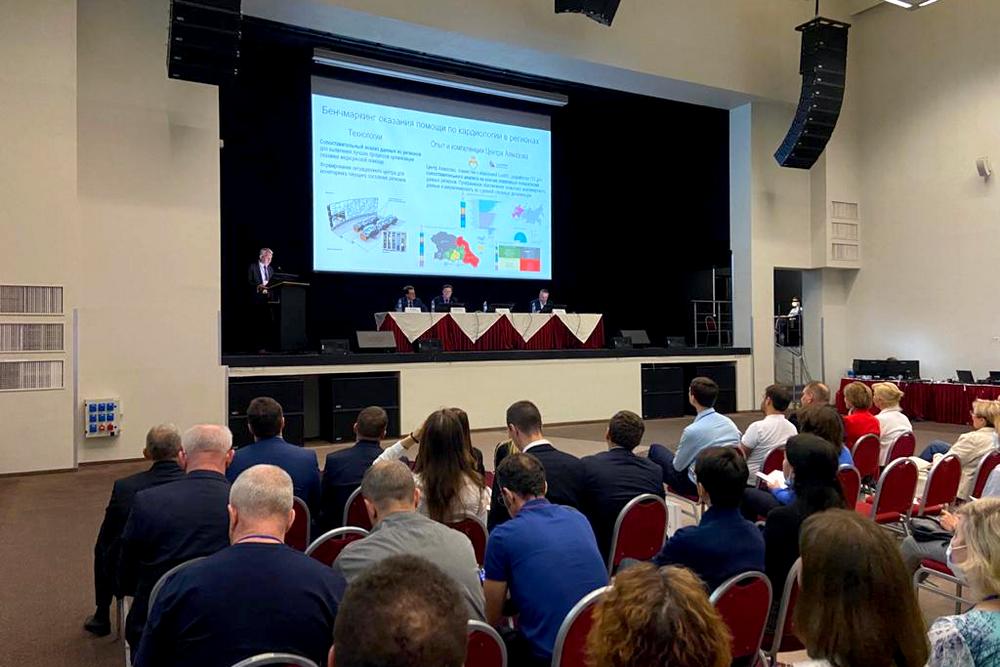
Evgeny Shlyakhto opening the 9th All-Russian Congress of Arrhythmology
President of the Congress, Director of Vishnevsky National Medical Research Centre of Surgery, President of the Russian Society of Clinical Electrophysiology, Arrhythmology and Cardiac Pacing Prof. Amiran Revishvili expressed the hope that by 2025 medicine would have fully moved to non-invasive diagnostic and treatment technologies.
“I hope that this could lead to earlier diagnosis and timely prevention of arrhythmias, which are also associated with other heart diseases,” said Prof. Revishvili.
The Chair of Scientific and Organizing Committee was Dmitry Lebedev, Professor of the Russian Academy of Sciences, Chairman of the St. Petersburg Department and Vice President of the Russian Society of Arrhythmology. In his presentation “9th All-Russian Congress of Arrhythmology: facts and figures” Dmitry Lebedev presented the principles for selection of symposium applications and presentations for the scientific programme of the congress, the regulations on young scientist competition and announced the results of the commission, the award of the Society of Arrhythmology, new forms of the congress proposed by the St. Petersburg Scientific Organizing Committee. The audit was conducted by a committee of 24 experts from Moscow, Kaliningrad, St. Petersburg, Tyumen, Tomsk, Samara, Novosibirsk, Krasnodar. The scientific community showed high interest in the event.
The first day of the Congress featured the awarding ceremony honouring the outstanding contribution to arrhythmology in three nominations: basic research, implementation of treatment and prevention programmes, educational activities in the field of arrhythmology. The award winners in 2021 were: Lyubov Mitrofanova (St. Petersburg), Dmitry Egorov (St. Petersburg), Mikhail Medvedev (St. Petersburg).
A new initiative was the Young Investigator session. Young scientists presented interesting clinical cases and the results of their original research. The best ones received valuable prizes.
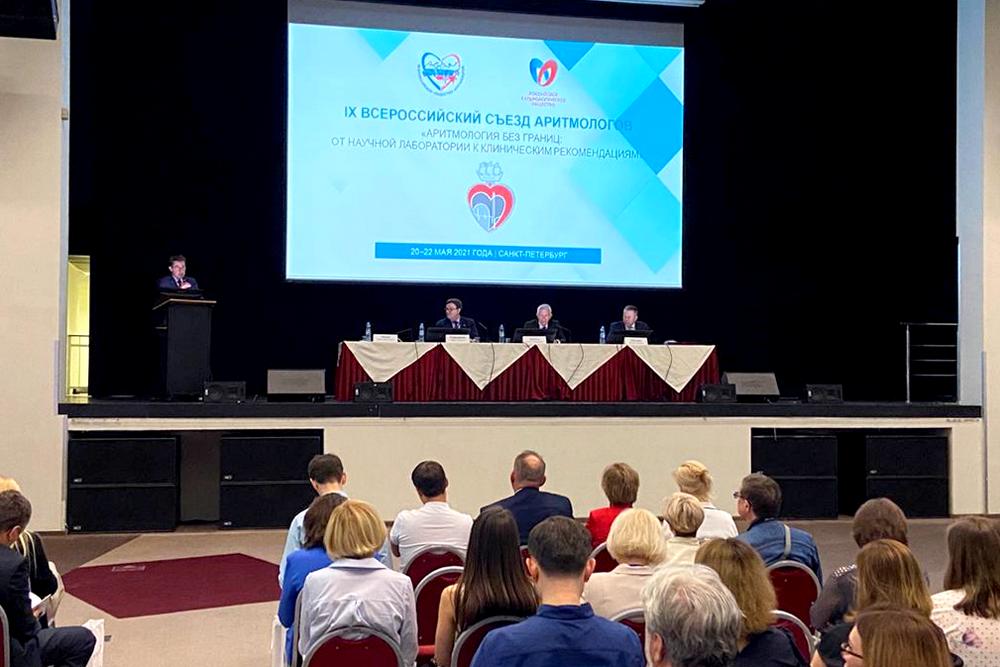
Plenary session, Chair of Program Committee Prof. S.V. Popov, Academician of the Russian Academy of Sciences, Director of the Cardiology Research Institute of Tomsk National Research Medical Centre, Vice President of the Russian Society of Arrhythmology
The Congress also presented new technologies, including non-invasive diagnostic modalities and treatment of arrhythmias using radiofrequency catheter ablation. For three days, experts discussed topics such as clinical guidelines and standards for medical care, remote monitoring, sudden death and ventricular arrhythmias, interventional, surgical and drug treatment of arrhythmias, arrhythmias in children and athletes, covid and arrhythmias, stroke prevention, physical rehabilitation and much more.
The event featured symposia held jointly with foreign societies: ISHNE – International Society for Holter and Noninvasive Electrocardiology, EHRA – European Heart Rhythm Association, European Society of Cardiology Working Group on Myocardial and Pericardial Diseases.
The 9th All-Russian Congress of Arrhythmology was held in a hybrid format, some speakers presented online. There were 970 attendees onsite and a total of more than 1,300 participants.
The Board of the Russian Society of Clinical Electrophysiology, Arrhythmology and Cardiac Pacing held its meeting during the Congress and scheduled the next 10th Congress of Arrhythmology to be held in Moscow in 2023.

